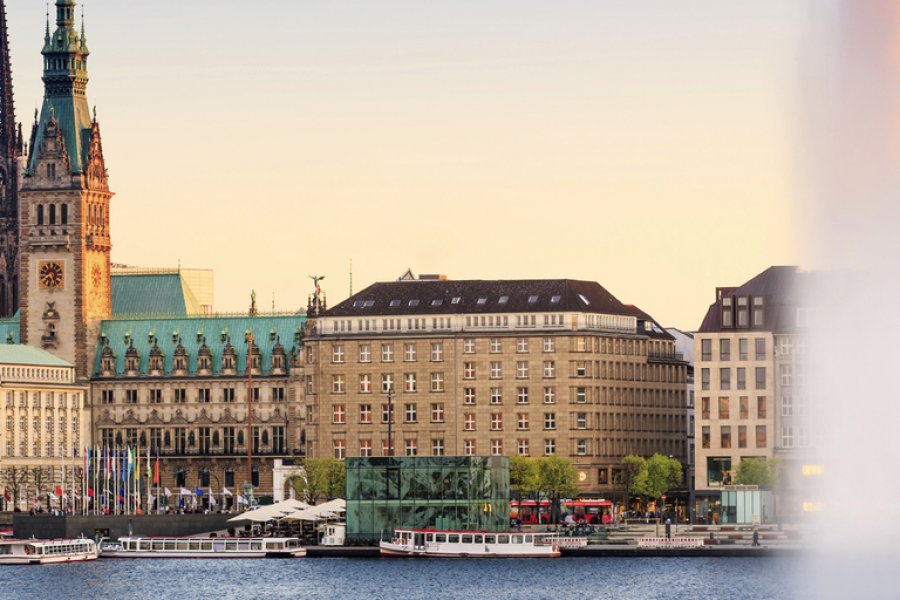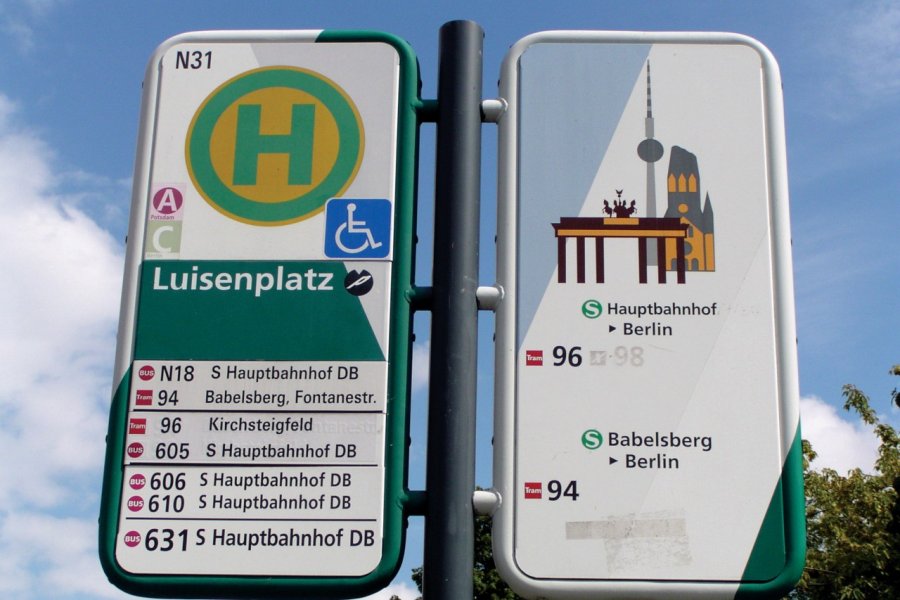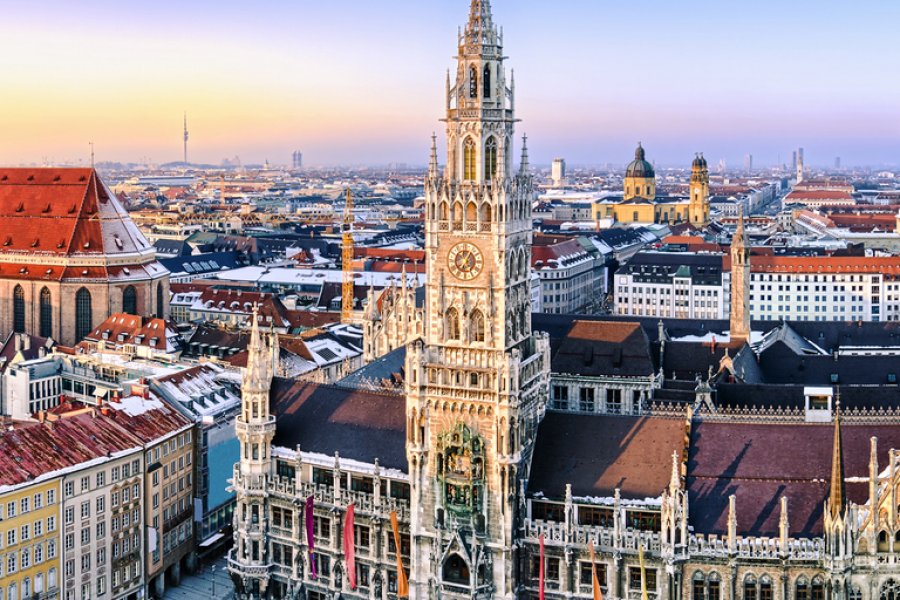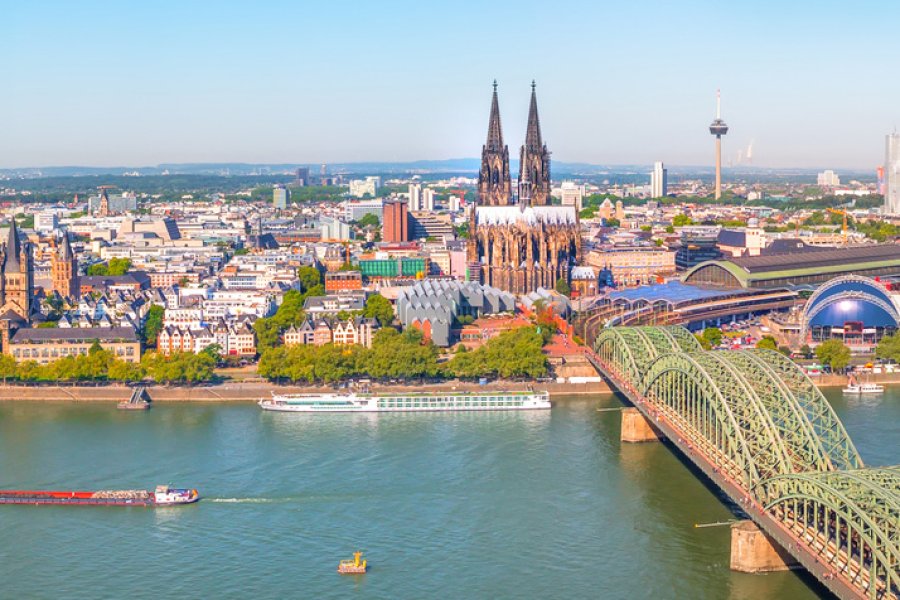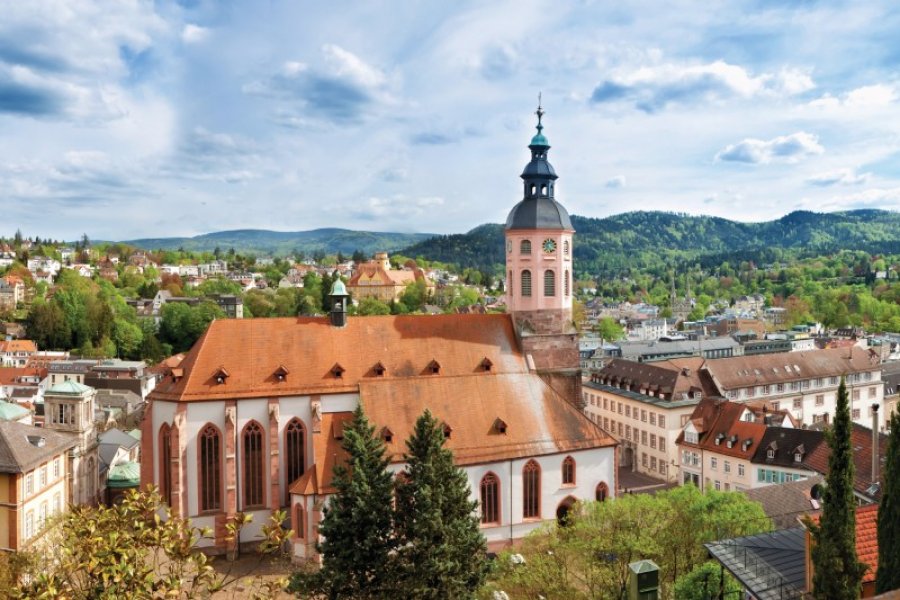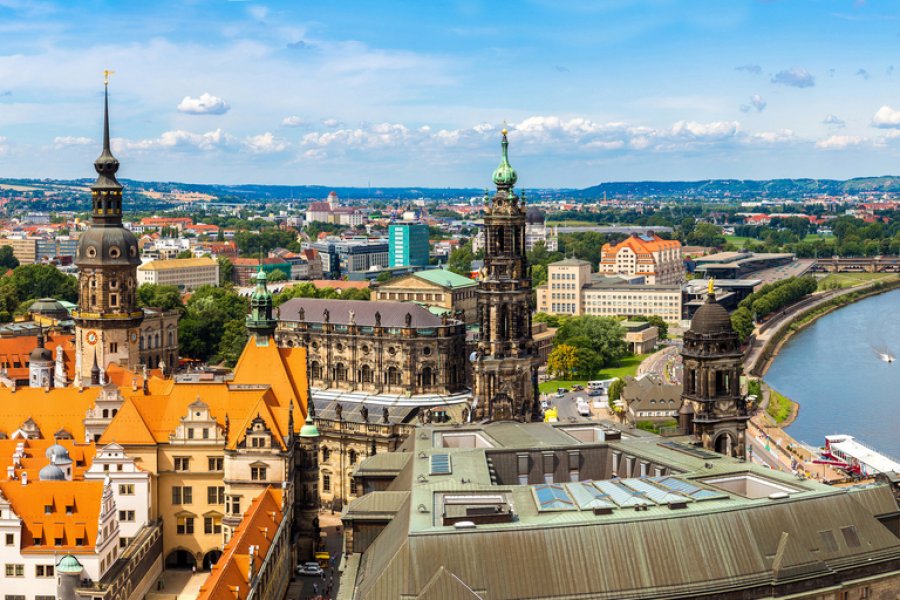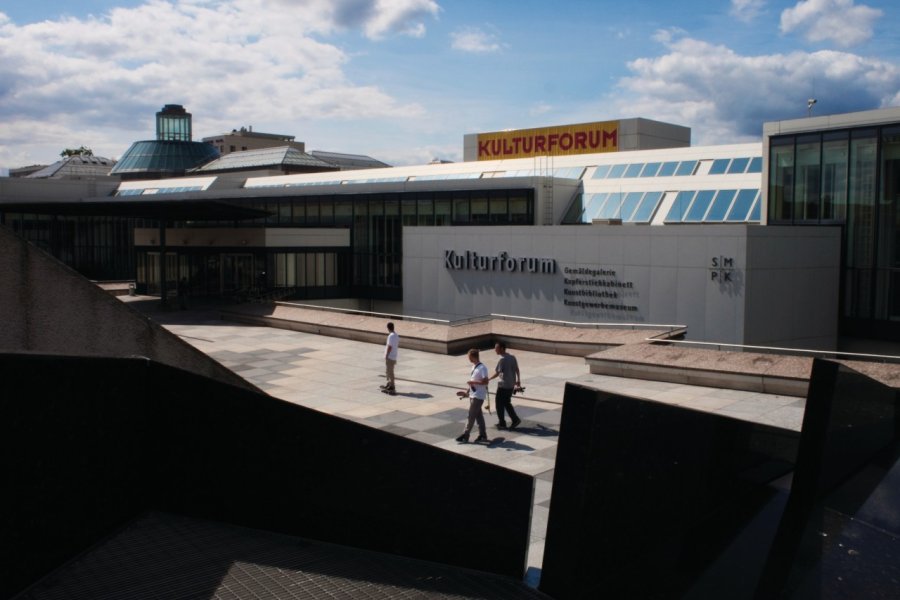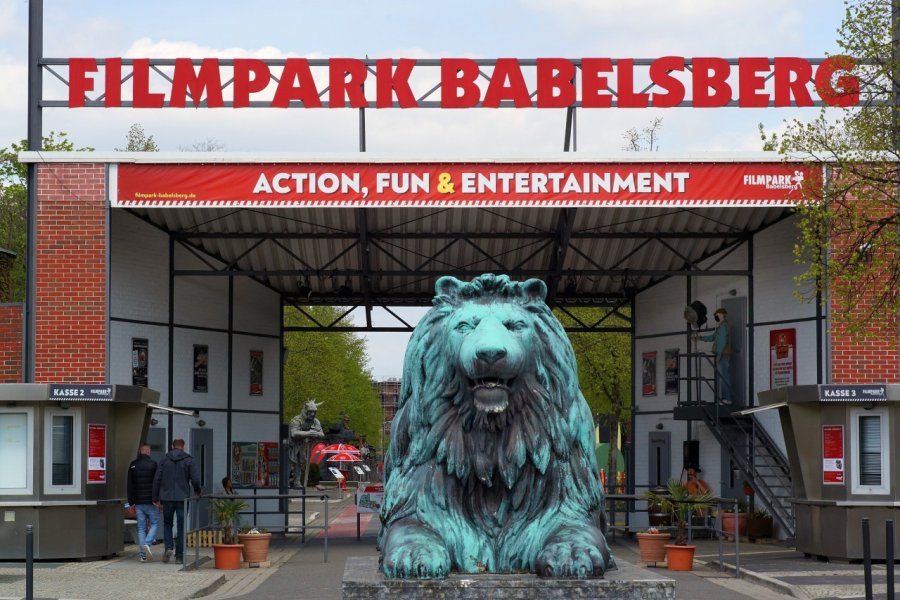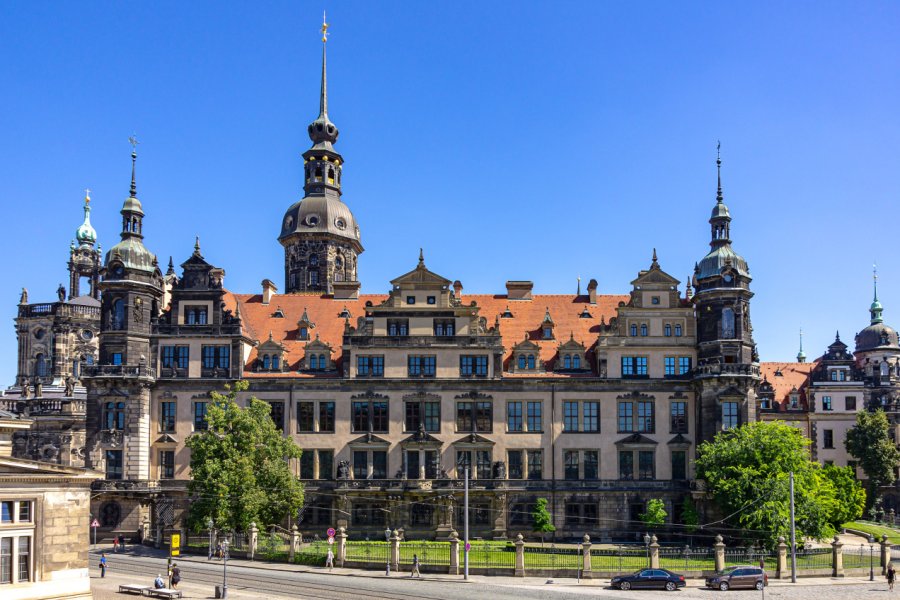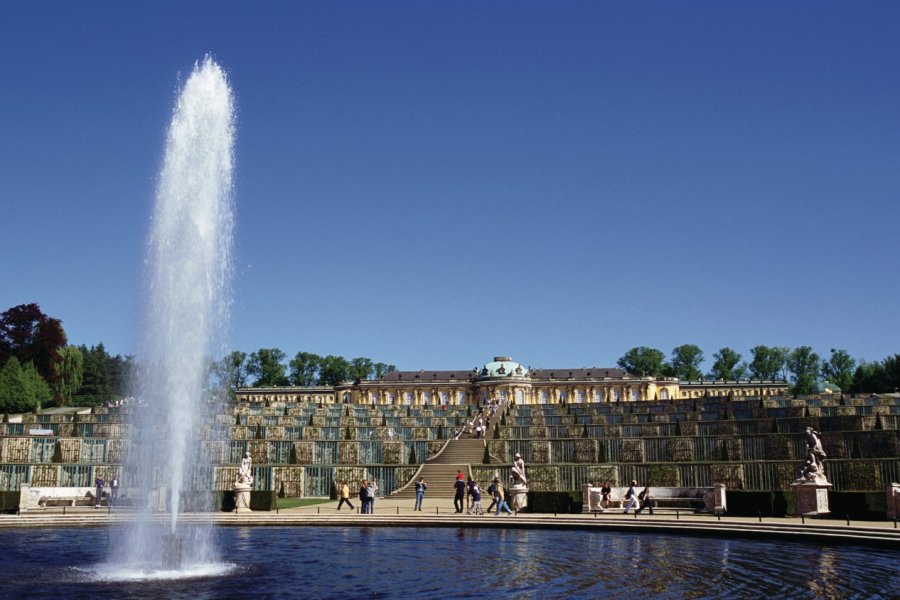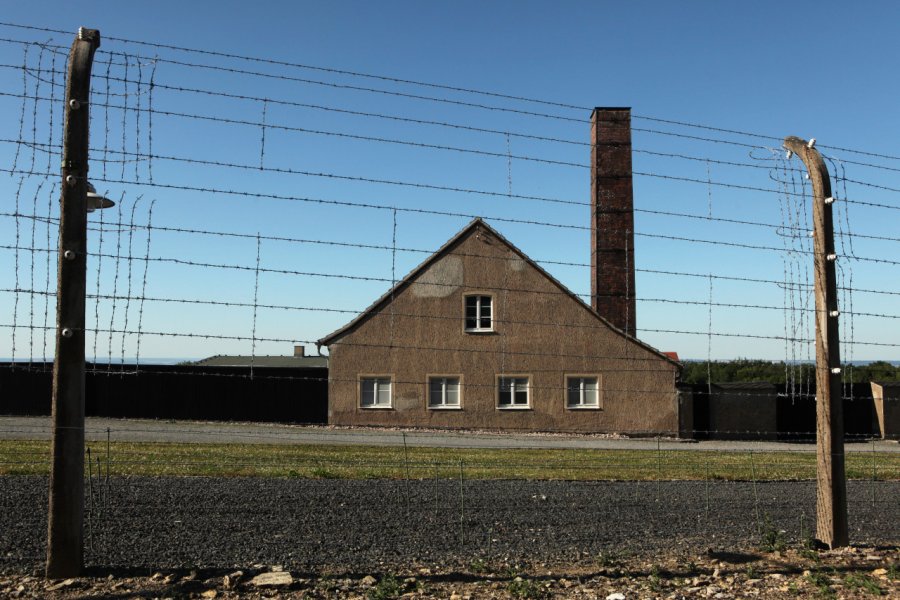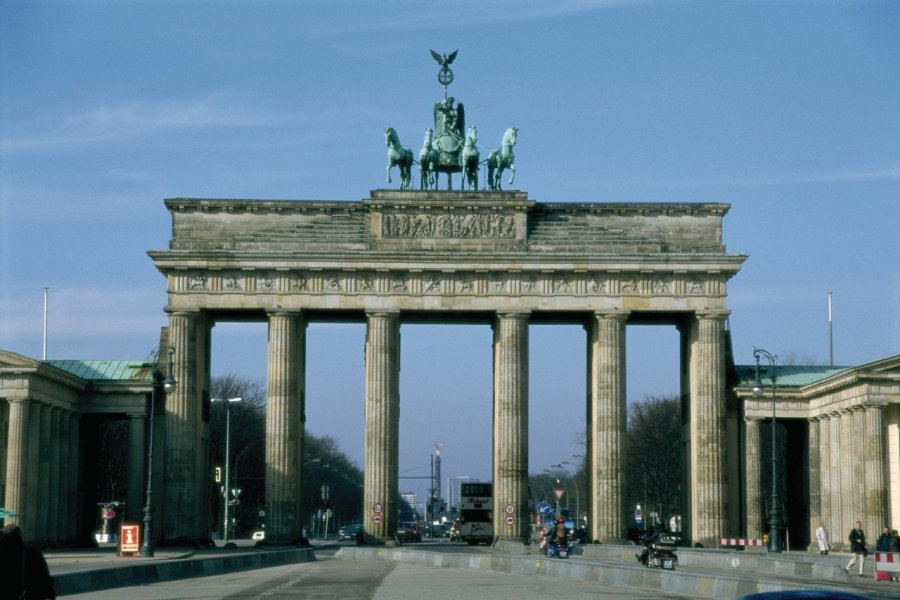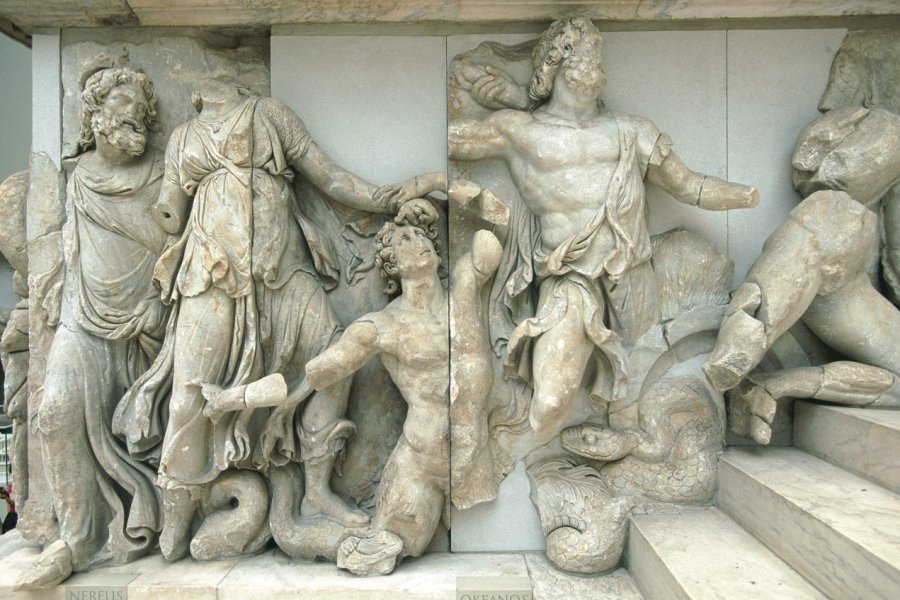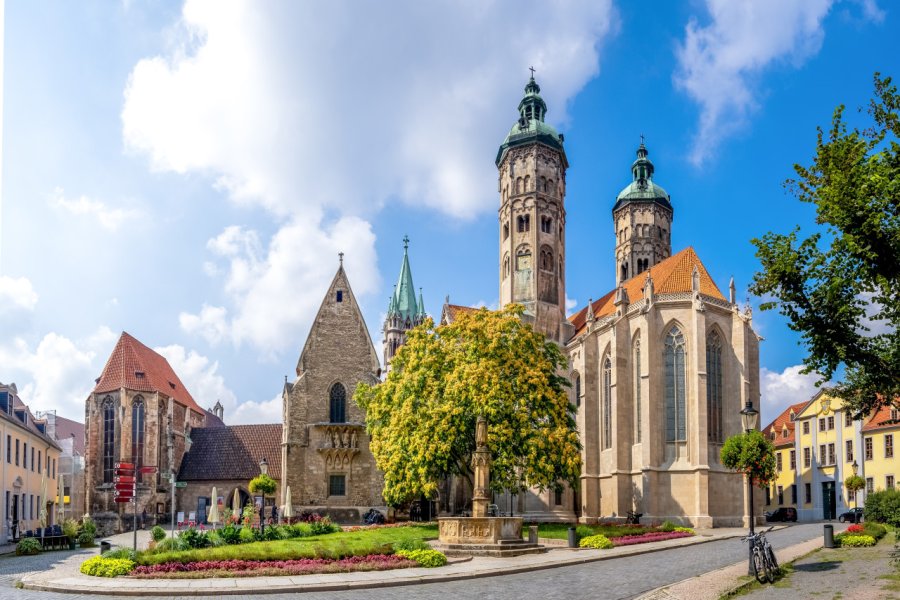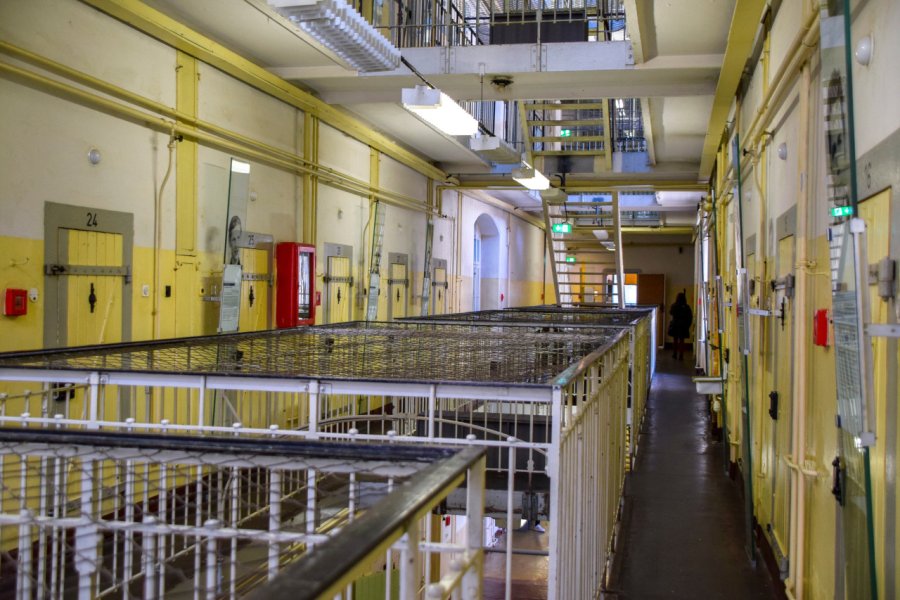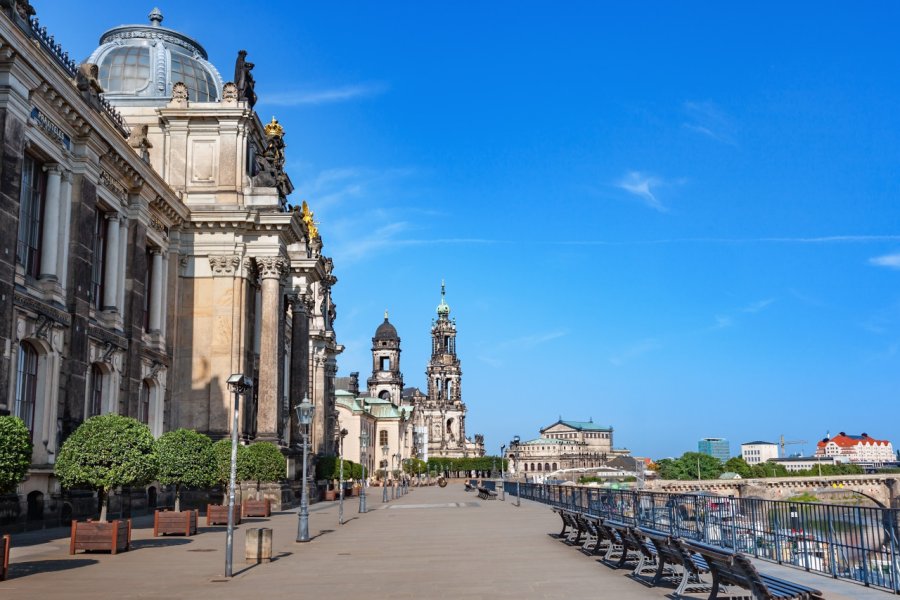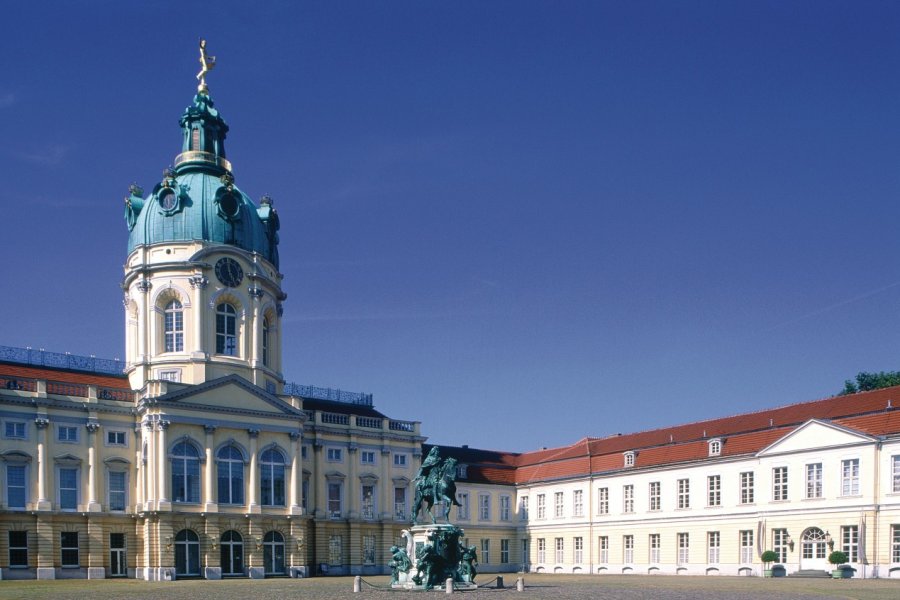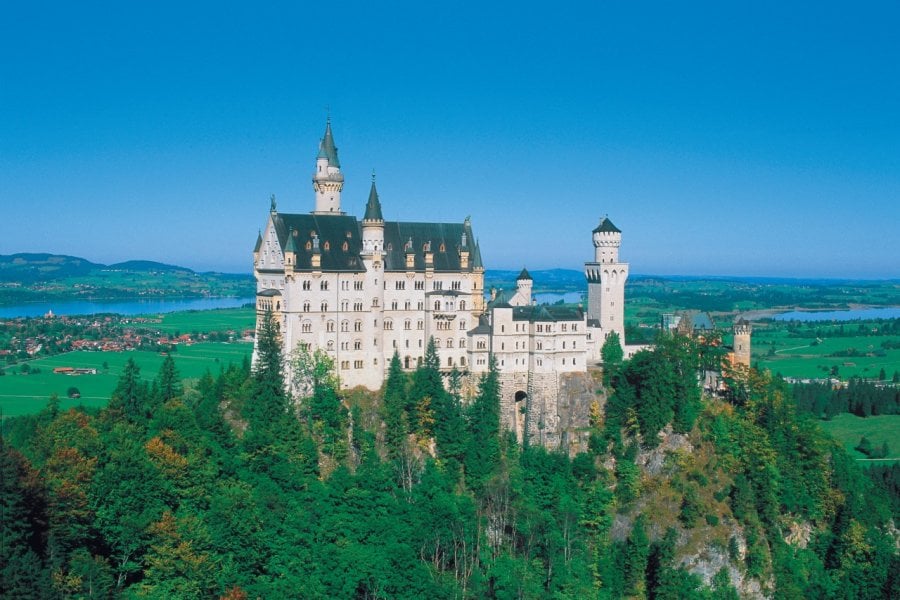Why go to Germany? The 10 good reasons to go Germany

Taste a real black forest
The emblematic Schwarzwälder Kirschtorte, a cocoa sponge cake with kirsch and whipped cream.

For the heritage of geniuses
Goethe, Nietzsche, Einstein and Beethoven have left a considerable legacy.

Discover the soul of Berlin
Germany's capital combines beautiful monuments with an alternative lifestyle.

Admire the castles
Neuschwanstein, Hohenzollern and Burg Eltz are among the most beautiful in Europe.

See the cathedral of Cologne
This sumptuous edifice is the third-tallest cathedral in the world.

Refine your beer culture
Tasting in Bavaria and brewery tour, to learn all about German beer.

Discover Lake Constance
Sailing, cycling and wine tasting in a breathtaking natural setting.

Staying on the island of Rügen
The country's largest island, a seaside resort with beaches, cliffs, forests...

Sailing on the banks of the Rhine
The banks of the river are lined with castles, medieval villages, vineyards and forests.

For first-class museums
Museums of art, history or science, they are often very well designed and revised.
What to visit Germany?
Good to know to visit Germany
 To be booked
To be booked
For major exhibitions, it's a good idea to have a ticket when booking. The same goes for major concerts, operas and certain theatrical creations, especially in Berlin, where you should buy your tickets in advance on the Internet.
 Budget & Tips
Budget & Tips
Many museums offer one free day a month, although this is not fixed at national level. So be sure to check museum websites to plan your visit. It's also possible to discover most German cities on free walking tours, where the guide is tipped whatever amount seems fair to you.
 Main events
Main events
Beethoven Festival in Bonn. Every autumn, his native Bonn celebrates Beethoven. Stars and young artists interpret the master in classical, swing and jazz styles. The program also includes exhibitions, readings, films and premieres. Further information at www.beethovenfest.de.
Berliner Festspiele. From mid-March to early June, Berlin comes alive with music, theater, dance, literature, art and film. The Berlin Festivals (Berliner Festspiele) enrich the capital's cultural scene with festivals, programs and exhibitions. A forum for artists from all over the world. Further information at www.berlinerfestspiele.de.
German Horticultural Show Society. In spring, amateur gardeners and urban planners don't miss the German Garden Show (Bundesgartenschau, BUGA). The first horticultural exhibitions in Germany date back to the 18th century, when explorers such as Alexander von Humboldt brought back exotic plants discovered on their expeditions. Further information at www.bundesgartenschau.de.
Kieler Woche. "Let it all go! In June, the Kieler Woche, or Kiel Week, is one of the world's great racing yacht competitions and a major gathering of traditional rigs, accompanied by one of Europe's biggest folk festivals. Further information at www.kielerwoche.de.
Oktoberfest. " O'zapft is! " begins the traditional drill that opens the Oktoberfest beer festival on Munich's Theresienwiese in October. One of the world's most popular festivals. Countless visitors feast for two weeks, gulping down barrels of beer and singing along. Further information at www.oktoberfest.de.
Christmas markets and illuminations. Beautiful in town and country.
 Guided tours
Guided tours
In Berlin and other major tourist cities, you'll find guides to heritage, history, local gastronomy, markets and culture in various languages. They are available at museum entrances, and you can book them at the tourist office or directly with the agencies. These are often very enriching. Bus tours are less so. You might as well take a city bus and a paper guide - you'll save money!
 Smokers
Smokers
In Germany, smoking is strictly prohibited in many places, including all public buildings such as administrations, offices, cinemas, theaters, universities, hospitals, airports and railway stations. Bars, cafés, restaurants and nightclubs also ban smoking indoors. Smokers have reserved areas or must go outside to smoke. Of course, the most important rule is that cigarette butts must be disposed of in ashtrays, not in the street.
 What's very local
What's very local
Germans often prefer cash to credit cards, and carry large sums of cash with them. Even in big cities, you'll still find shops that refuse to accept credit cards. So always bring cash with you when you go out.
